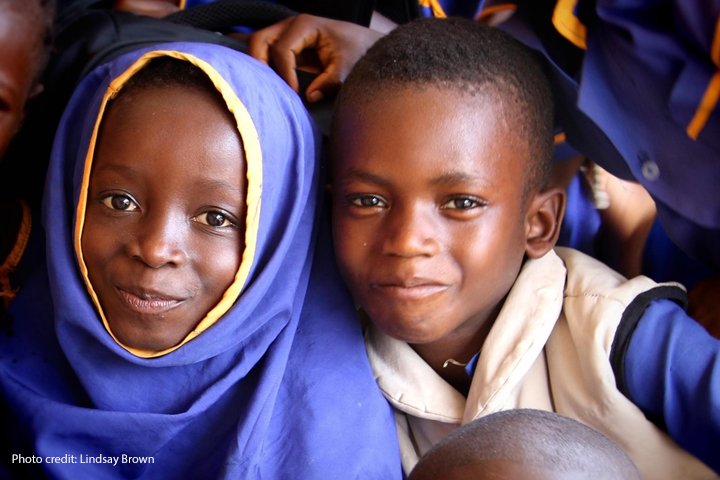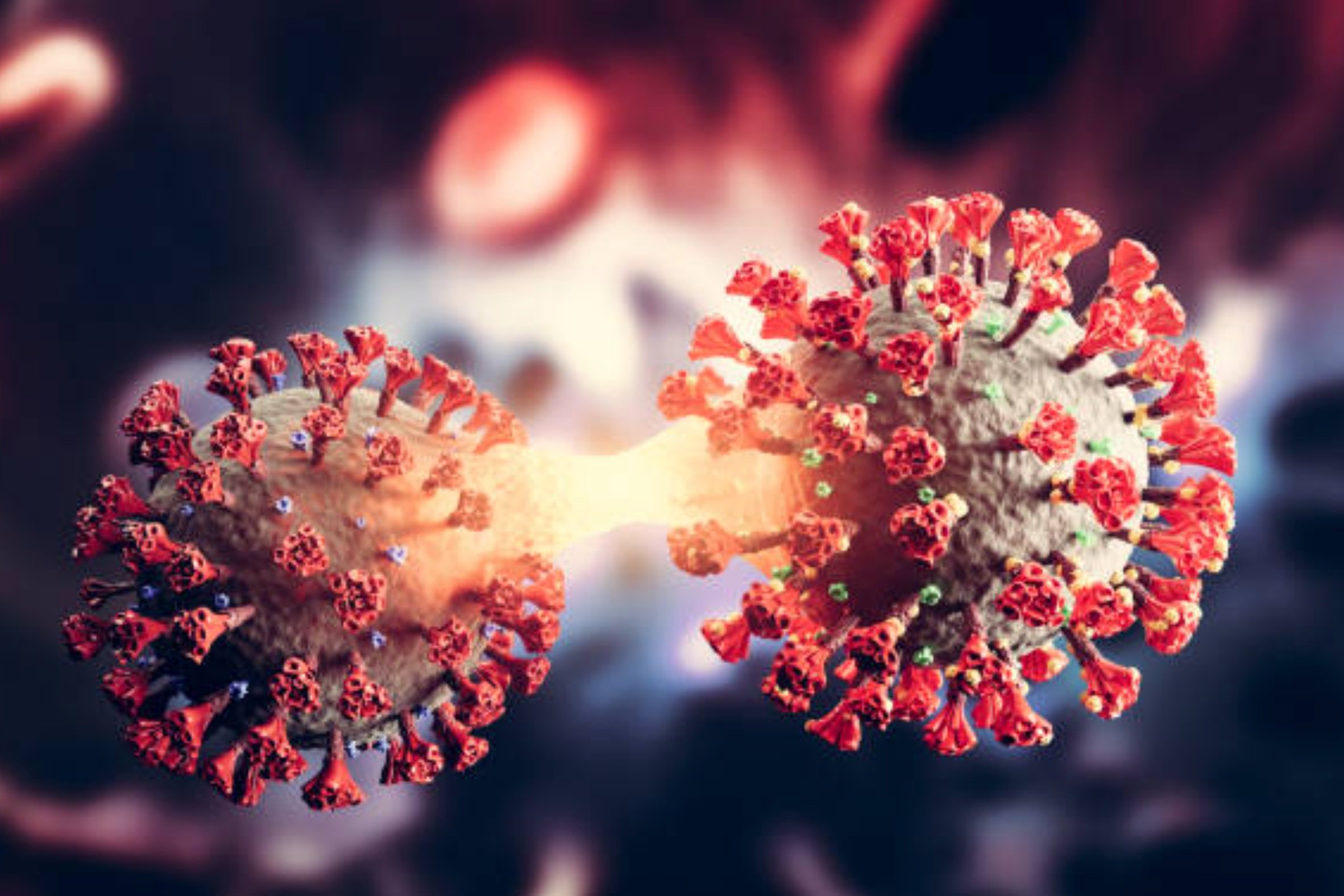Resources
Developmental Losses in Young Children from Preprimary Program Closures during the COVID-19 Pandemic
This article is among the first to quantify the actual impact of pandemic-related closures on early child development, in this case, for a sample of young children in Chile, where school and childcare closures lasted for about a year. We use a unique data set collected face-to-face in December 2020, which includes child development indicators for general development, language development, socioemotional development, and executive function. We find adverse impacts on children in 2020 compared to children interviewed in 2017 in most development areas. In particular, 9 months after the start of the pandemic, we found a loss in language development of 0.25 SD.
🔗 Read more here: https://doi.org/10.1086/731588
[Dataset]Phone-Based Reach Up and Learn
Reach Up and Learn (RUL) is a home-visiting program that was introduced in Jamaica in 1975. In 2016, the International Rescue Committee (IRC), in collaboration with the Arab Resource Collective, adapted RUL for the context of Syrian and host community families in Lebanon, Jordan and Syria and integrated RUL into its education, child protection, and health programs in Jordan, Lebanon, and Syria.
THE GOBEE LEARNING AGENDA: Can we sustainably implement and scale a digital assessment tool in the low resource and Education in Emergencies sector?
Since the unprecedented shift to distance learning that came with Covid lockdowns and mass school closures, increasing numbers of Education in Emergencies (EiE) actors have been turning to EdTech to find solutions to the complex challenges facing the sector. This has led to a number of emerging EdTech products and prototypes, many of which have shown great potential.
New remote ECE model with large impacts holds promise for SDG 4.2 progress
The last few decades have seen immense gains in global recognition of the critical importance of early childhood education (ECE). Despite this, the goal of universal ECE – as we have traditionally defined it – has remained aspirational: with little progress since 2015 toward the universal quality ECE called for in SDG 4.2. Partly, this is due to financial constraints and continued limited investment in ECE. But partly, it is because there are contexts in which setting up in-person pre-school and kindergarten classrooms is not viable.
The Road Paved With Good Intentions: is Social and Emotional Learning (SEL) Safe and Effective for All Children Affected by Crises?
The recent earthquakes in Turkey and Syria hit an already war-torn region and populations in the Middle East. They have left lasting psychological and physical trauma for 8.8 million affected people in Northern Syria alone–a region where 4.1 million people already depend on humanitarian assistance. While immediate emergency responses are essential, once the initial crises pass, children impacted by conflict and crises still need to grow up and learn, coping with painful memories and unpredictable and often hostile environments. They deserve and need support that can help them to navigate the adversities on their own. Unfortunately, the disruptions in the aftermath of crises can exacerbate the emotional and psychological toll on children, affecting their physical and emotional well-being, learning and development over the long term.
Thinking outside the classroom: Theories of change and measures to support the design, monitoring, and evaluation of distance learning programs
This report is intended to be a living framework for thinking and talking about distance education interventions, beginning in low- and middle-income (LMIC) and humanitarian contexts and expanding over time to include distance education interventions designed for high-income contexts.
Remedial Education to Support Learning Loss Threatened by Cuts to Development Aid
This blog is written by Dr Lindsay Brown, Senior Research Scientist at NYU-Global TIES in Steinhardt School of Culture, Education, and Human Development. Lindsay primarily investigates how to support teachers in areas of conflict and crisis with a focus on flexible and scalable teacher professional development strategies. She works mainly in the Middle East and Africa.
Image credit:
Pawel Czerwinski
@pawel_czerwinski via Unsplash.
Creating a Gamified Learning Measurement Tool — the why, the what & the how.
While many Governments have turned to connected education and tech-driven programmes to support continued learning during school closures, there is little available evidence on the impact of distance learning on learning outcomes, especially for children affected by crisis and conflict and regarding holistic learning outcomes. Understanding the impact of the growing number of digital interventions on learning outcomes for these children (both in and outside of the classroom) is crucial to ensuring that no child is left behind in the wake of COVID-19 disruptions. In order to be able to understand how to better support children’s learning, we first need to be able to understand what children know and are able to do. Armed with this information, teachers and educational programmes can then provide more tailored support. The assessment of learning outcomes is therefore key. In response to a clear gap in this area, a new partnership, brokered by Porticus, brought together War Child Holland, NYU Global TIES for Children, and the HEA to interrogate the need for an effective tool to assess learning outcomes across digital learning interventions.
Disruptions to schooling: Lessons from refugee experience in Lebanon
The COVID-19 outbreak ignited a monumental education emergency, disrupting in-person learning and relying on technological schooling solutions that exacerbated many pre-existing education inequities. Lack of child care options, inconsistent access to technology, and variable quality of remote learning experiences all contributed to some students’ infrequent or complete lack of attendance to virtual schooling. As kids go back to in-person learning, schools and educators face a critical question: How do we handle students who have missed most or all of remote learning?
Image credit: IRC
Now more than ever: Strengthening systems for social and emotional skills and well-being assessment during the COVID-19 pandemic in Lebanon and Peru
In many countries, the outbreak of COVID-19 compounded crises vulnerable populations are facing. Children are among the most vulnerable, due to the potential for adverse impacts on emerging neurobiological, cognitive, social, emotional, and physiological developmental systems. That is why now more than ever, coherent, timely, and cost-effective policy responses are needed to support children’s remarkable capacities for resilience. But the ability to develop meaningful policy responses is predicated upon education systems’ own capacities for rapidly generating and using evidence on how children, caregivers, teachers, and principals are doing and what they are experiencing. In this brief, we share efforts NYU-TIES has taken in collaboration with government agencies in Lebanon and Peru and with non-governmental organizations (NGOs) in Lebanon to strengthen education systems’ capacity for assessing social and emotional skills and well-being among host-country and refugee populations.
TEACHERS IN CONFLICT CAN SUPPORT STUDENTS’ MENTAL HEALTH — IF WE INVEST IN THEIRS
Few of us were prepared to take on the role of teacher in the wake of COVID-19 school closures – one we often take for granted. Indeed, if this past year has taught us anything, it should be the value of student contact with a teacher at school. Research confirms that teachers are the most important school-based factor in student learning, and their effects can be detected well into adulthood. But while we expect teachers to don the hats of social worker, psychologist, and mentor, among others, we collectively do little to support them in their work. This is especially true in developing countries, where teachers are often embedded in and products of a struggling educational system that cannot or does not adequately support them. As millions of children return to schools in the wake of the COVID-19 pandemic, we have a moral obligation to support the well-being of teachers and, by extension, a healthier classroom culture. An investment in social-emotional learning (SEL) can help.
Adrenocortical and psychosocial responses of families in Jordan to the COVID-19 pandemic
This study of 52 predominantly lower income Jordanian and Syrian families with young children (31 girls; Mage = 53.37 months, SD = 3.53) in Jordan began in 2019, before the pandemic. Families were followed to explore stress physiology, family functioning, and mental health over the first 9 months of the pandemic. Mothers reported less adaptive coping and more negative changes to family life in June 2020 when their children had poorer behavioral self-regulation and more behavior problems, and when families had lower income, in 2019. More negative changes to family life predicted greater hair cortisol concentrations in children in June 2020, and more negative changes and less adaptive coping predicted worse child and mother psychosocial adjustment in December 2020.
Research & Innovation for Refugee Education: Gamified Learning Measurement Tool | NYU Steinhardt
While nearly 1 billion children were out of school worldwide in 2020 due to the COVID-19 pandemic, the lack of access to education was most pronounced among children in low- and middle-income countries. A new research-practice partnership is working to develop a tool to measure holistic learning outcomes across distance education and digital learning interventions in humanitarian settings.
COVID Experiences in the Context of a Challenged Economy
These data were collected as part of an ongoing practice, policy, and research partnership, Ahlan Simsim. Ahlan Simsim, which means “Welcome Sesame” in Arabic, is the groundbreaking program from Sesame Workshop and the International Rescue Committee (IRC) that delivers early learning and nurturing care to children and caregivers affected by conflict and displacement across the Middle East. Through a brand-new, localized version of Sesame Street and in-person direct services across Iraq, Jordan, Lebanon, and Syria, Ahlan Simsim reaches families wherever they are—from classrooms and health clinics to TV and mobile devices—with the vital educational resources that they need to thrive. This program, generously funded by the John D. and Catherine T. MacArthur Foundation and the LEGO Foundation, not only addresses immediate needs and builds a strong foundation for future wellbeing, but also has the potential to transform how the humanitarian system responds to crises around the world.
Effects of the Global Coronavirus Disease-2019 Pandemic on Early Childhood Development: Short- and Long-Term Risks and Mitigating Program and Policy Actions
In just a matter of weeks, the coronavirus disease-2019 (COVID-19) pandemic has led to huge societal public health and economic challenges worldwide. The clinical effects of COVID-19 on young children are uncertain when compared with older age groups, with lower morbidity and mortality rates and no conclusive evidence supporting transmission during pregnancy; however, there is emerging evidence of increasing rates of child hyperinflammatory shock.1-3 Research on the effects of prior pandemics and disasters clearly indicates that there will be both immediate and long-term adverse consequences for many children, with particular risks faced during early childhood, when brain architecture is still rapidly developing and highly sensitive to environmental adversity.



![[Dataset]Phone-Based Reach Up and Learn](https://images.squarespace-cdn.com/content/v1/5fa0560c3a27c834f6a6b5ac/1703271023801-JED68Q0PDBWB8Z0FFEFX/Primary%2BEducation%2Band%2BLearning%2Bin%2BEmergencies.jpg)













